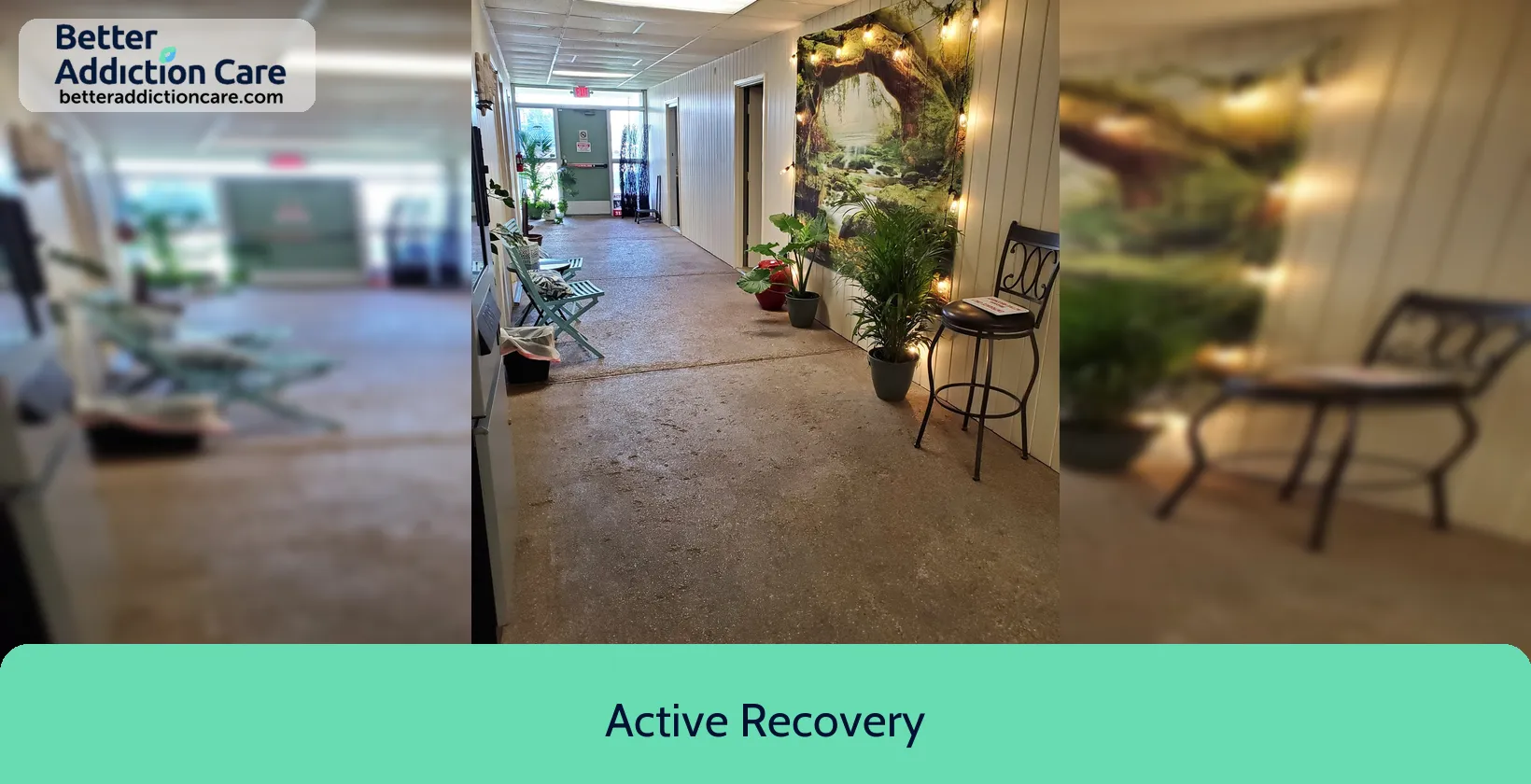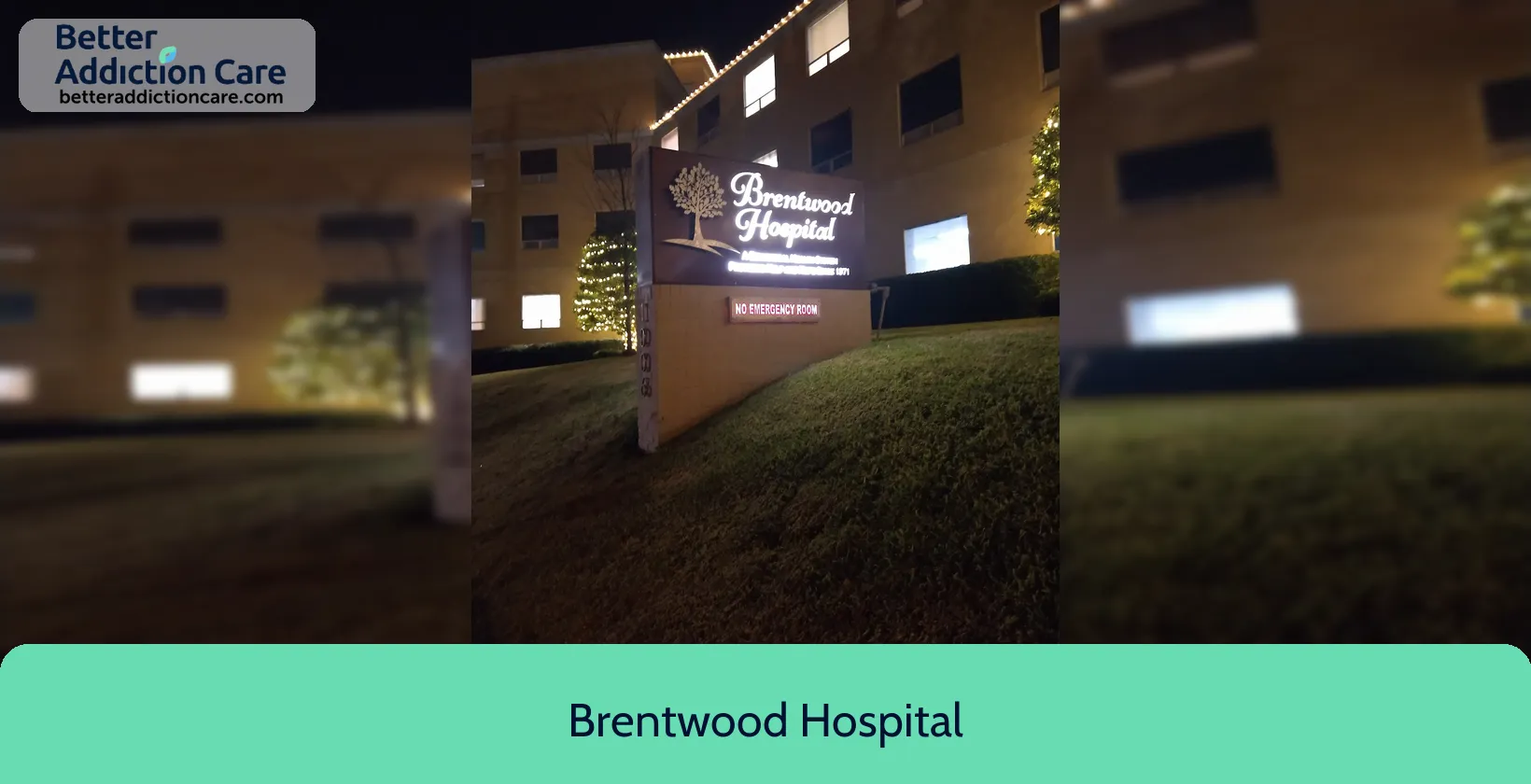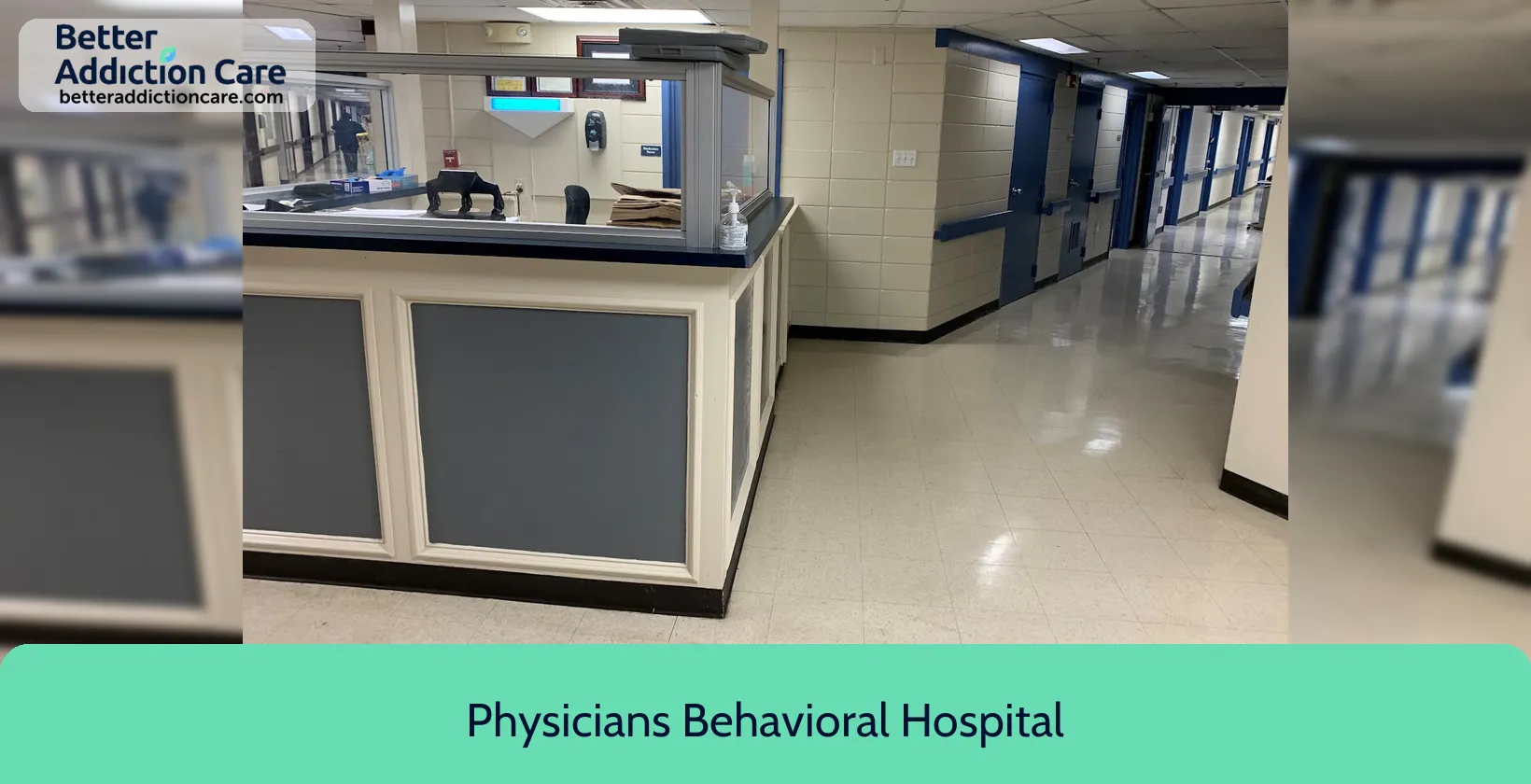CADA Adult Treatment Center

Overview
CADA Adult Treatment Center is a substance abuse treatment center for people seeking treatment near Caddo County. As part of their treatment modalities for recovery, CADA Adult Treatment Center provides intervention services, contingency management/motivational incentives, and relapse prevention during treatment. CADA Adult Treatment Center is located in Shreveport, Louisiana, accepting cash or self-payment for treatment.
CADA Adult Treatment Center at a Glance
Payment Options
- Cash or self-payment
- Medicaid
- Private health insurance
Assessments
- Screening for substance use
- Comprehensive substance use assessment
Age Groups
- Adults
- Seniors
- Young adults
Ancillary Services
- Specially designed program for DUI/DWI clients
Highlights About CADA Adult Treatment Center
6.59/10
With an overall rating of 6.59/10, this facility has following balanced range of services. Alcohol Rehabilitation: 8.00/10, Drug Rehab and Detox: 6.00/10, Insurance and Payments: 6.00/10, Treatment Options: 6.36/10.-
Alcohol Rehabilitation 8.00
-
Treatment Options 6.36
-
Drug Rehab and Detox 6.00
-
Insurance and Payments 6.00
Accreditations
State department of health:

Government agencies issue State Licenses, granting permission to rehabilitation organizations to conduct their business operations lawfully within specific geographic regions. Generally, the particular rehabilitation programs offered by a facility and its physical location dictate the necessary licenses needed for legal operation.
Treatment At CADA Adult Treatment Center
Treatment Conditions
- Alcoholism
- Substance use treatment
Care Levels
- Outpatient
- Regular outpatient treatment
- Aftercare
Treatment Modalities
- Intervention Services
- Contingency management/motivational incentives
- Relapse prevention
- Individual psychotherapy
Ancillary Services
Languages
- Sign language services for the deaf and hard of hearing
Additional Services
- Pharmacotherapies administered during treatment
- Discharge Planning
- Drug or alcohol urine screening
Get Help Now
Common Questions About CADA Adult Treatment Center
Contact Information
Other Facilities in Shreveport

6.99

7.62

7.25

6.82

7.10

6.62

7.14

7.44
Browse rehab centers near Shreveport and in other cities across Louisiana
DISCLAIMER: The facility name, logo and brand are the property and registered trademarks of Physicians Behavioral Hospital, and are being used for identification and informational purposes only. Use of these names, logos and brands shall not imply endorsement. BetterAddictionCare.com is not affiliated with or sponsored by Physicians Behavioral Hospital.
